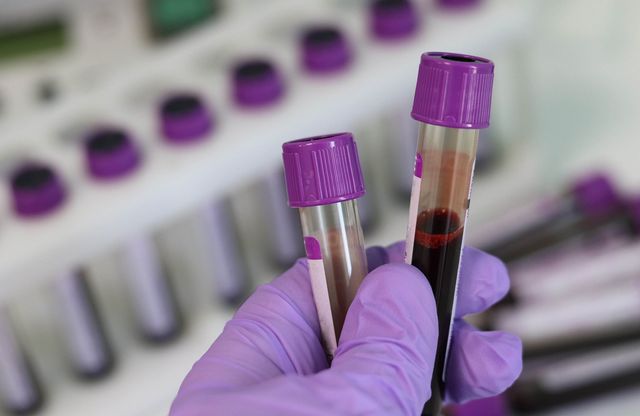Posted on March 28, 2023 at 7:15 a.m.

Blood tests contain valuable information for your doctor, but they are not enough to reflect your overall health – © Pixabay
Fasting blood sugar, cholesterol, hemoglobin… blood tests are often prescribed by doctors to help them make their diagnosis. A brief overview of the main examinations that can be carried out following a blood test.
fasting blood sugar
Blood glucose is a measure of blood sugar levels. This is the gold standard for diagnosing diabetes. From 1.10 grams of sugar per liter of blood, we speak of pre-diabetes, and from 1.26 g/liter, the diagnosis of diabetes is made.
This examination must be carried out on an empty stomach, but you can still drink water before the sample is taken.
READ ALSO >> Rupture of antidiabetics: “Influencers who promote it to lose weight harm the sick”
The lipid profile
The lipid balance allows you to find excess lipids, that is to say fats in the blood. This examination includes the analysis of triglycerides, which are fats provided by food, and cholesterol, which is produced by the liver.
Hypertriglyceridemia can indicate pregnancy, uncontrolled diabetes or hypothyroidism.
Cholesterol is a risk factor for developing cardiovascular disease. There are two different types of cholesterol: LDL, commonly considered the “bad” cholesterol, and HDL, also known as the “good” cholesterol. You have to take both into account to establish what is called total cholesterol, and whether you are at risk or not.
A lipid balance is particularly prescribed to women before taking the pill, because this hormonal contraception tends to raise cholesterol levels and presents an increased risk of myocardial infarction.
This sample must be taken on an empty stomach but it is possible to drink water before the blood test.
HCG
Human chorionic gonadotropin (HCG) is the prescribed blood test to detect pregnancy.
It is particularly prescribed as part of a treatment against acne with isotretinoin (better known under the name of the princeps: Roaccutane), because pregnancy is incompatible with this treatment because of the risk of malformations of the fetus.
It is not necessary to be fasting to perform this blood test.
STI screening
Some sexually transmitted infections (STIs) can be detected through a blood test: this is the case for HIV infection, hepatitis B and syphilis.
It is not necessary to be fasting to take these blood samples, but you must respect certain deadlines before going to be tested. For HIV, the time to seroconversion is six weeks after taking the risk and three to five weeks for syphilis.
Blood count
This is a complete blood test, also called a blood count. It makes it possible to analyze all the components of the blood (plasma, red blood cells, white blood cells and platelets), the content of which can provide information on the state of health.
A drop in red blood cells can indicate anemia, which can be caused by a nutritional deficiency, cancer or even an autoimmune disease.
A high white blood cell count may be a sign of an infection (bacterial or viral) or an inflammatory reaction, and a low platelet count indicates a clotting problem.
Blood tests contain valuable information for your doctor, but they are not enough to reflect your overall health. A normal blood test is of course reassuring, but if you have any doubts, or particular symptoms, it is important to talk to your doctor so that he can make the most accurate diagnosis possible.

